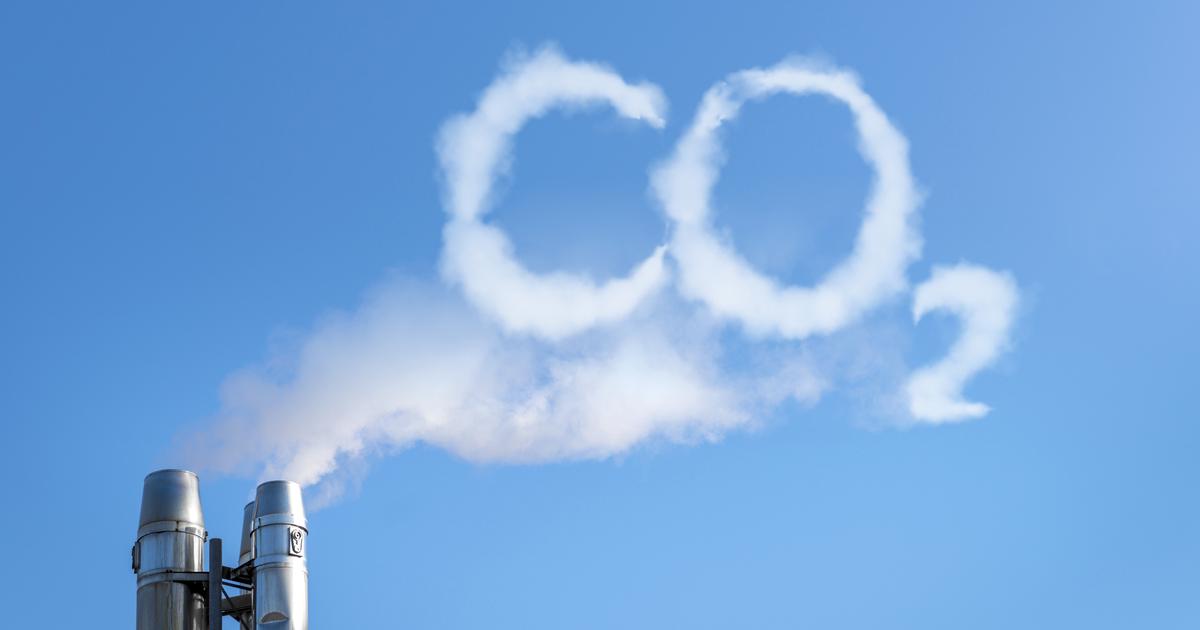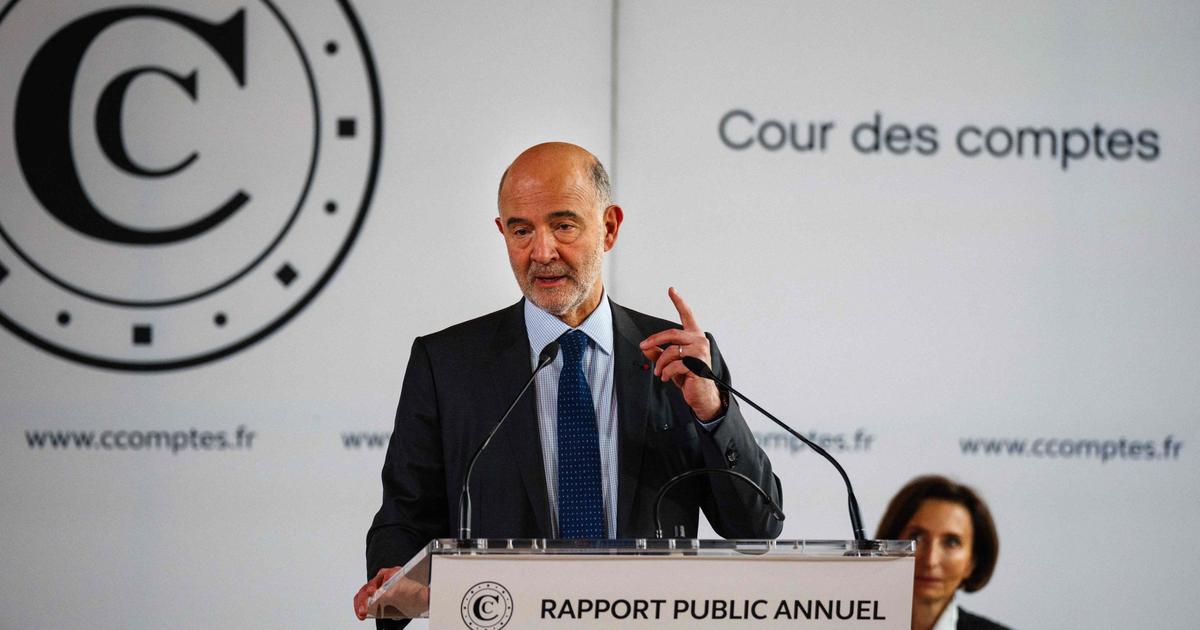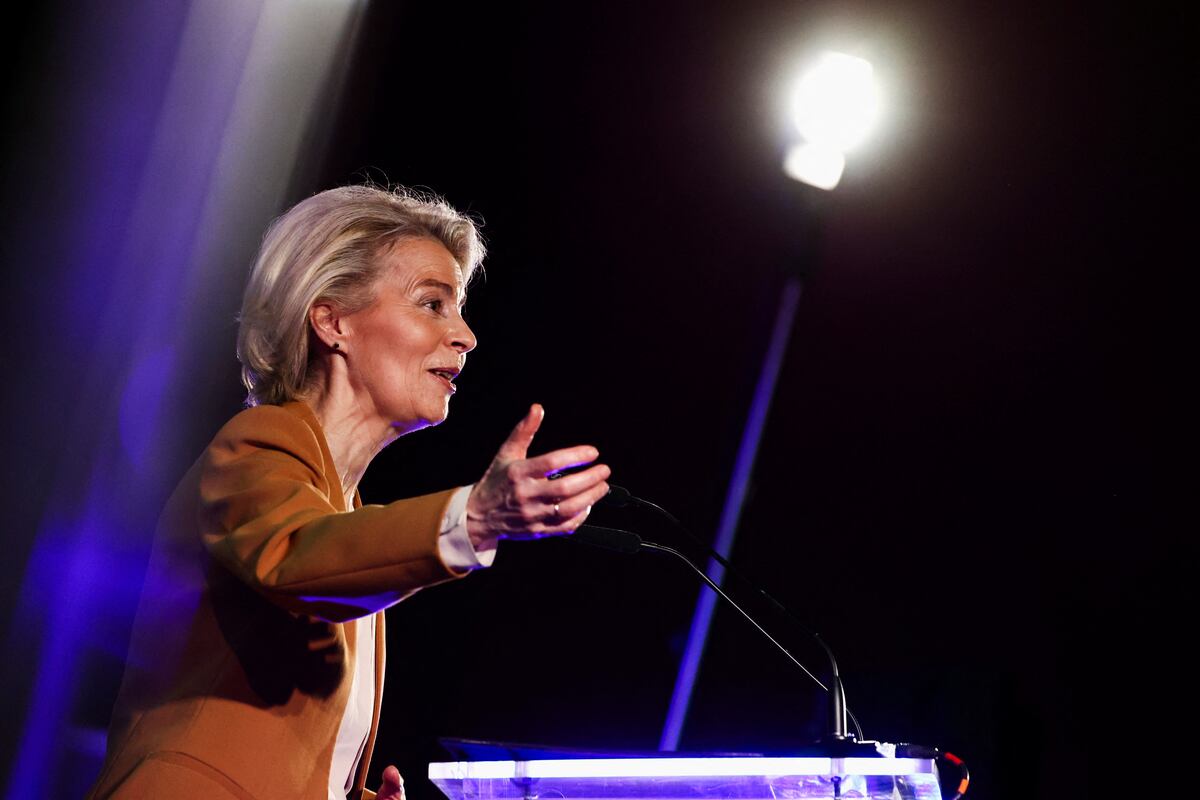By Alexander Smith -
NBC News
LONDON - Much of the world is experiencing an energy crisis.
China's homes and factories are dark.
India's coal-fired power plants run on scrap metal.
Dozens of British utility companies have gone bankrupt.
Spain announced emergency legislation after electricity bills soared more than a third in a year.
And there are fears that a harsh winter in America could send heating costs skyrocketing.
Power shortages are spreading around the world even before the cruelest winter months freeze the Northern Hemisphere, and officials and experts say the multiple problems behind the crisis will make it harder to find solutions.
["When we lose crops, we lose everything": the climatic emergency aggravates the migratory crisis in Guatemala]
This cocktail of causes is a mix where China is trying to shed its dependence on dirty coal and accusations are launched that Russia is twisting the natural gas market for political gain.
But most experts agree that the central driving force has been the end of the COVID-19 pandemic.
Coming out of shutdowns, people are simply consuming energy faster than production can be revived after a year of inactivity.
"It's like a car that has been off the road for a while and now we want to get it back on track quickly - it takes time," explains Jianzhong Wu, a professor of energy infrastructure at Cardiff University in Wales.
Not only has the coronavirus pandemic killed more than 4.5 million people, it caused global energy consumption to decline by 4.5% last year, the biggest drop since World War II, according to the Statistical Review of World. Energy by BP.
This plummet was the cause that in April 2020 oil prices were negative for the first time in history.
"As a result, many producers stopped producing," recalled Keith Bell, an engineering professor at the British University of Strathclyde.
"This is not an easy thing to do, because you also have to make these offline oil and gas facilities safe."
But vaccines have encouraged governments to ease restrictions, and demand for energy has resurfaced.
Just as stopping was not easy, “restarting production is a process that takes some time,” explained Bell.
Two simultaneous catastrophes show how the climate emergency is hitting harder and harder
Aug. 31, 202101: 13
This clamorous demand comes as the world's reserves are already depleted after a cold winter in which millions of locked up people huddled in gas-heated homes.
OPEC this week resisted calls to increase supply.
Gas prices in Europe and Asia have skyrocketed, hitting daily highs.
[Are you under 40 years old? An “unprecedented” future of extreme heat waves, droughts and floods awaits you]
The United States has been able to weather this global crisis better than most because, as the world's leading producer of gas, it has a lot of supply.
But prices in the country have also shot up 180% in the last 12 months, the highest since 2014.
Experts say a cold snap or particularly deep frost in some parts of the country could put consumers at high bills.
"Cascade of problems"
Most experts agree that the continuing aftermath of the pandemic is squeezing the world like an overloaded stress ball.
But a number of unrelated local factors are also hitting each country simultaneously.
The zero emissions goal is the necessary direction.
Or what we are experiencing will happen again "
Jianzhong Wu
The European Union is looking into allegations by some of its lawmakers that Russia, which supplies more than 40% of the bloc's natural gas, is restricting the flow.
Lawmakers, mostly from the Baltic countries and Poland, denounce that Moscow wants to use the crisis to obtain approval for the controversial Nord Stream 2 gas pipeline between them and Germany.
The Kremlin and Gazprom, its state energy giant, deny it.
And Europe's biggest gas companies have told Reuters news agency that Gazprom has been meeting its obligations.
Gas prices fell on Wednesday after President Vladimir Putin hinted that Gazprom could increase supplies to ease the situation.
[Twelve Habits You Can Change to Save the Planet Without Waiting for World Leaders to Agree]
When asked if Russia, one of Europe's leading suppliers of natural gas, was withholding energy as leverage, US national security adviser Jake Sullivan told reporters Thursday: “Russia has a history of use of energy as a tool of coercion, as a political weapon ”.
A man uses his cellphone flashlight to illuminate his plate of noodles while eating breakfast at a restaurant during a power outage in Shenyang, northeast China's Liaoning Province, on Wednesday, Sept. 29, 2021. Olivia Zhang / AP
China has been hit by weeks of blackouts in more than a dozen provinces.
Some of them are linked to the end of the pandemic, as factories have seen an increase in demand as the world increases its desire for products made in China.
But there are other factors as well.
China, which is the world's largest CO2 emitter and the largest consumer of coal, has promised carbon neutrality by 2060. In the short term, the Chinese authorities have also imposed stricter safety controls on coal mines than historically they have a high accident rate.
Beijing also effectively banned Australian coal imports after the Australian government was the first to ban Chinese telecoms giant Huawei from its 5G network.
And all of this is happening at a time when most of the world is trying to ditch fossil fuels and switch to renewable energy.
But during this transition period, countries continue to depend on oil, gas and coal, especially when the weather is uncooperative.
[Biden pledges to cut US carbon emissions in half by 2030]
Europe is often battered by Atlantic storms, but in recent weeks many of its turbines have limped due to lower than expected winds.
And although China suffered major floods this summer, it also suffered a drought at its hydroelectric center in Yunnan province.
The climate emergency has also affected traditional fossil fuels.
Hurricanes Nicholas and Ida, which followed one after another, washed away 26 million barrels of oil production when they hit the Gulf of Mexico.
Earlier, a sweltering summer caused many Americans to increase the use of their energy-intensive air conditioners.
In India, monsoon floods have slowed coal production in the central and eastern states of the country.
This is one of the reasons that India's coal-fired power plants have an average of only four days of reserve fuel.
"This has been a cascade of problems," said Wu, who is also part of a committee of experts that advises the British government.
“The zero emissions goal is the necessary direction.
But we have to have a well-planned and coordinated way to get there, or what we are experiencing will happen again, "he said.



/cloudfront-eu-central-1.images.arcpublishing.com/prisa/OOLBKF5K4VFN7EA7IFFA4PMVUE.jpg)








/cloudfront-eu-central-1.images.arcpublishing.com/prisa/KMEYMJKESBAZBE4MRBAM4TGHIQ.jpg)


